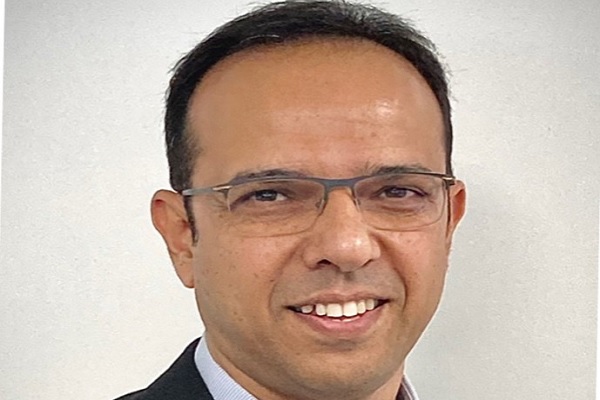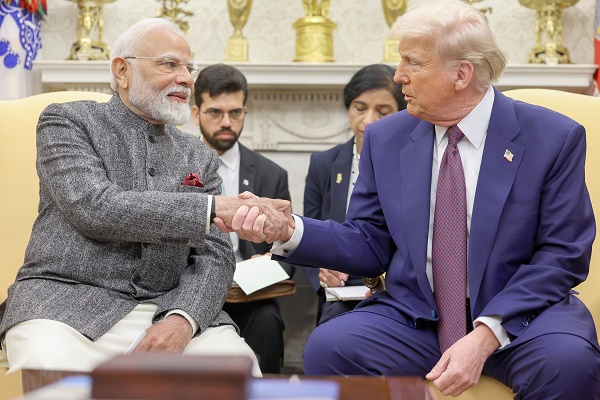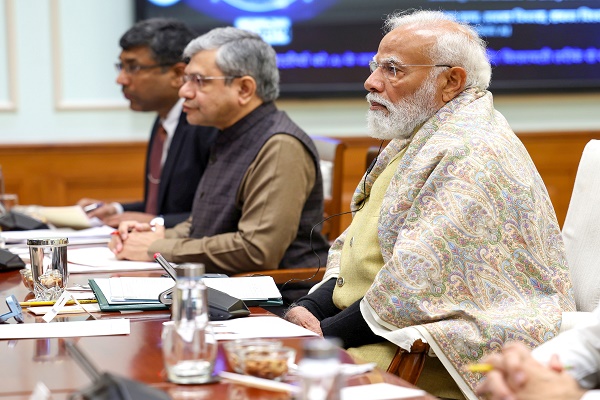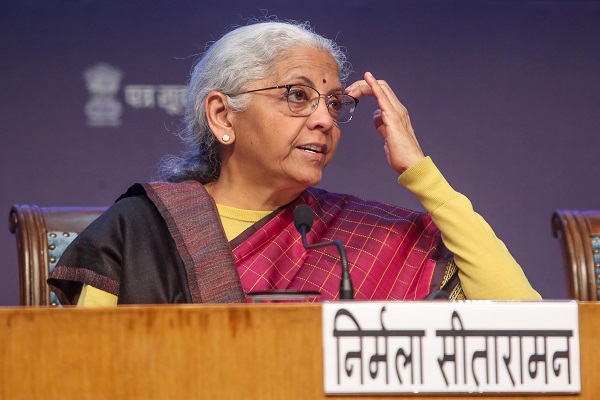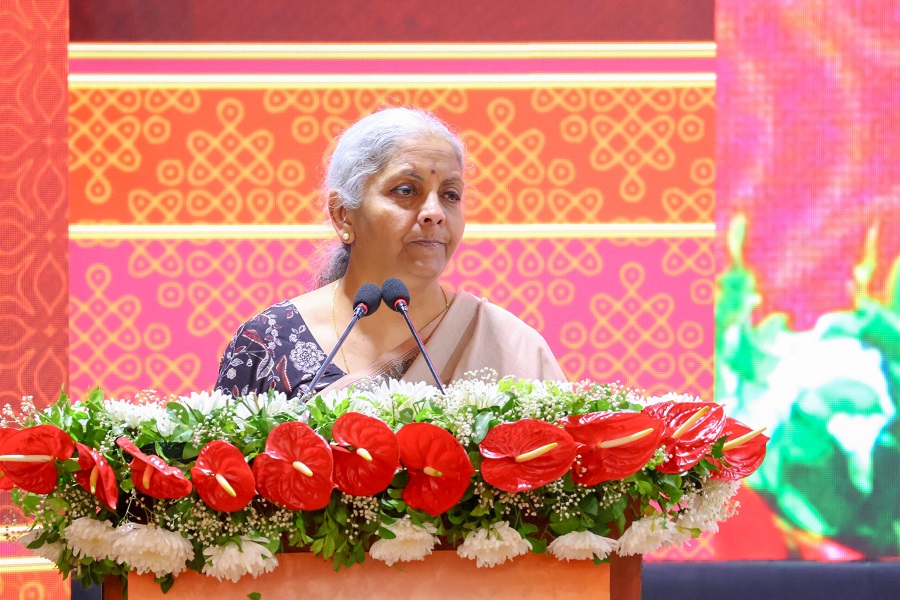Meet the masterminds of Budget 2020-21
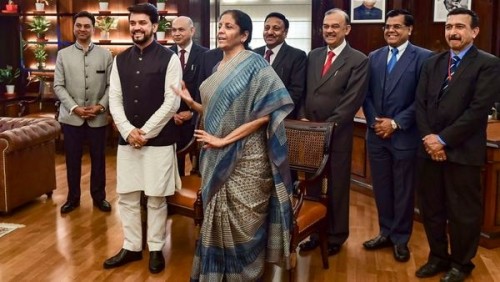
Follow us Now on Telegram ! Get daily 10 - 12 important updates on Business, Finance and Investment. Join our Telegram Channel https://t.me/InvestmentGuruIndia
Download Telegram App before Joining the Channel
NEW DELHI :
Rajiv Kumar
Finance and banking secretary Rajiv Kumar has played a crucial role in initiating several reforms in the stressed banking and the shadow banking sector. The 1984-batch IAS officer spearheaded the government's plan for consolidation in the banking sector, merging 10 big banks into four, along with reforms in governance, following the rising number of bank-related frauds. He presided over the recapitalisation of public sector banks with ₹2.11 trillion. Bringing in more reforms to give support to the liquidity-starved non-banking financial companies and housing finance companies will be key challenges for him in the Union Budget.
Atanu Chakraborty
Though this is his first Budget as the economic affairs secretary, Chakraborty, a 1985 batch civil servant, is an old hand in the finance ministry having served as the disinvestment secretary in the ministry. Chakraborty has the unenviable task of balancing the tepid growth in revenues with growing demand for expenditure if the government goes for fiscal stimulus. Investors and analysts will closely look through the Budget numbers and test their credibility after last year’s Budget threw Panglossian revenue projections. Chakraborty has to also assure the market that the government will soon revert to fiscal consolidation once growth recovers.
Ajay Bhushan Pandey
Revenue secretary Ajay Bhushan Pandey has a tough task--making sure that revenue targets are met without his efforts in that direction bordering on what tax payers would consider as an overreach by the direct and indirect tax administration under his watch. His task is compounded by the fact that much of the decision making on Goods and Services Tax (GST) is no longer with the central government alone, but with the federal body, the GST Network (GSTN). An electrical engineer from IIT Kanpur, Pandey has been playing an important role in steering GSTN as its Chairman. He had also played a key role in shaping India’s Aadhaar project.
T.V. Somanathan
As the expenditure secretary, Somanathan, the 1987 batch civil servant, would have been happy to balance the pulls and pressures of demands for resources from various central government ministries. While he very well needs to perform that task of prioritizing spending that have a higher growth multiplier, he also has to decide on the recommendations of the interim report of the 15th Finance Commission this time. Resource allocation to states in a financially tight year is also a challenge he has to deal with.
Tuhin Kanta Pandey
Having joined as the disinvestment secretary in charge of the Department of Investment and Public Asset Management (DIPAM) only in October, Pandey, an IAS officer of 1987 batch, has the challenging task of overseeing revival of government’s most ambitious strategic sale bid in central public sector enterprises (CPSEs) such as Air India, BPCL, Container Corporation of India and Cochin Shipyard. Though the government will not be able to meet its ₹1.05 trillion disinvestment target in FY20, it is likely to set a record target of over ₹1.5 trillion for FY21 which will test Pandey’s persuasive skills with investors and eye for the financial details of the CPSEs on sale.



